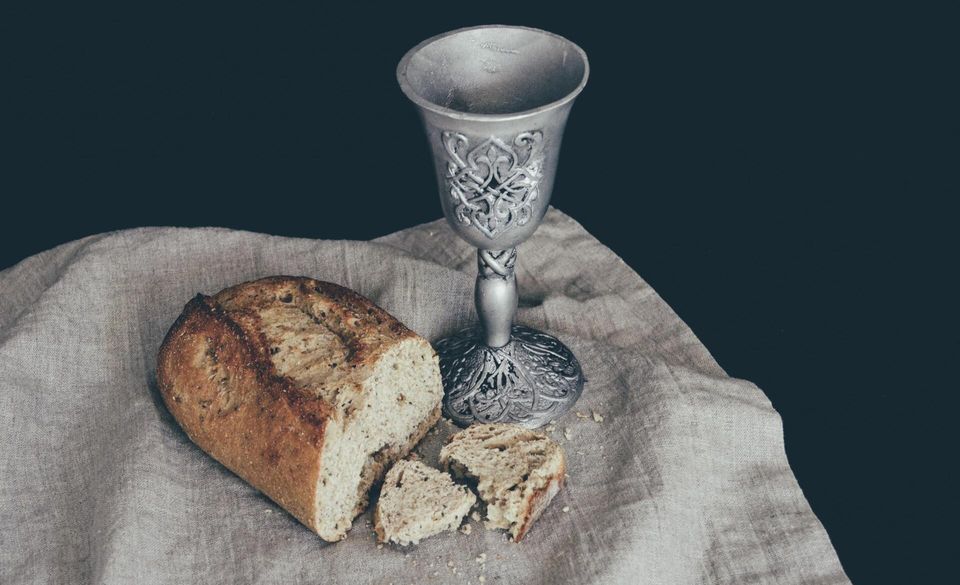Sacrificial Leadership
A Serving Leadership Insight from the Life of Jesus Christ (Mark 14:22-25)
“While they were eating, Jesus took bread, and when he had given thanks, he broke it and gave it to his disciples, saying, ‘Take it; this is my body.’ Then he took a cup, and when he had given thanks, he gave it to them, and they all drank from it. ‘This is my blood of the covenant, which is poured out for many,’ he said to them. ‘Truly I tell you, I will not drink again from the fruit of the vine until that day when I drink it new in the kingdom of God.’” (Mark 14:22-25)
In Mark 14:22–25, Jesus shared bread and a cup of wine with his disciples after explaining their deeper meaning. As bread is torn apart and crushed when eaten, so would his body be broken on their behalf. Like a cup of wine, Jesus’ blood would be poured out for them. Each offering was preceded with a word of thanks. Both were symbolic of his suffering. Jesus accepted his suffering with thanksgiving, knowing that its fruit would be redemption, the greatest fulfillment of humanity’s greatest need. Similarly, serving leaders pour out their lives on behalf of others. They willingly suffer to bring about the greatest good. Serving leaders also supply nourishment to those they lead. By sharing knowledge and resources they empower others for service. Jesus’ sacrifice resounded louder than any words he had ever shared with his disciples. As history records, all but one of the remaining eleven would give their lives for the sake of the kingdom.
KEY QUESTIONS: Am I willing to be broken or poured out on the behalf of those I lead? If so, what might that look like in practical terms? Why should I thank God for suffering and difficult times? Who needs my nourishment today? Who needs me to empower them?















